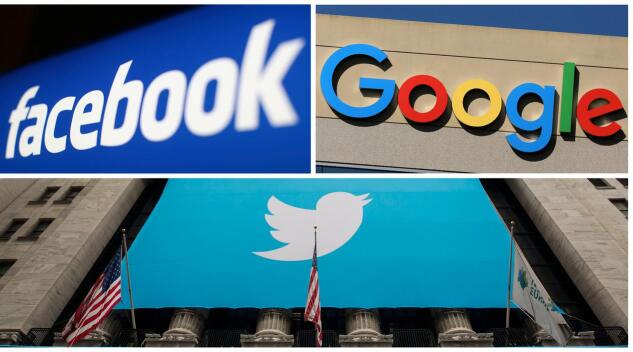IN THE OLD days, if you were interested in a topic, like say gardening, you would have to go look for the information.
You would have to go to the library to borrow books to read about gardening. You would make sure you watch all the gardening shows on TV and probably be a fan of people like Keith Kirsten.
If there was a gardening magazine, you would make sure that you regularly buy a copy and maybe even become a subscriber, so you can have your copies delivered to you.
In that way, you would always be informed about all the latest trends and over time, you would become somewhat of a gardening expert.
The point is, if you were interested, you would have to make the effort to find the information. But those days are long gone.
These days, the information finds you. And I want to explain to you how that happens.
It is a very deliberate method that social media companies like Google use to make sure you are online as often as possible.
It’s called the “attention economy” and it really is just the modern, digital way of making money from your attention.
Firstly you need to understand that computer engineers have long ago found ways to teach computers how to learn about your habits, behaviour and interests.
Nowadays, if you click on a Facebook link about gardening, there are computers that take note. If you do it often enough, the computer sees that you are obviously interested … so, it makes sure that you see more and more information about gardening.
It’s meant to be a tool to help us find what we’re looking for more easily. But there’s a dark side.
Maybe you aren’t really interested. Maybe you’re just mildly curious, are doing research, or looking to balance your knowledge against what you’ve been told.
The computer doesn’t know the difference. The more you click, the more it reinforces your interest.
So now, every time someone somewhere in the world uploads information about gardening, Facebook’s computers remembers and makes sure that you see that new information on your feed.
Even if it is a load of hogwash. Because the computer doesn’t know the difference between what’s fact, and what’s nonsense that someone sucks out of their thumb.
And neither could care!
All it cares about is getting you to click on the link and read the information.
This is what is meant by “machine learning” and “artificial intelligence.”
Sadly, the enemy of artificial intelligence is natural stupidity, because often the information looks like it comes from credible sources, so it is lapped up as fact.
In the end, it’s all about making money. The more time you spend reading articles or watching videos that interest you, the more money Facebook can charge advertisers for your attention.
As long as advertisers can be guaranteed the undivided attention of you and millions just like you all over the world, they will pay top dollar.
This is known as “targeted advertising” and we are what is known as a “captive audience.”
The advertising industry has been trying for decades to get this right, which is why all over the world, TV ads cost more during peak watching times, during shows like Dallas and Game of Thrones.
During America’s Superbowl, companies pay more than R15 million for a 30-second ad.
Facebook – and the other social media platforms – have finally perfected this and advertisers love it.
Because social media companies are global, they don’t have the same sort of regulations and policing bodies that TV, radio and newspapers have had for years.
If there’s something on TV or the radio that is false advertising or damaging information, they can get fined and get into a lot of legal trouble.
That’s not something Facebook has to worry about.
And that is also why you will see information on Facebook, that you won’t see on the TV news at night.
It’s not because TV and newspapers (the mainstream media) are controlled by the government.
It’s because alongside profits, they are also held to a strict code of ethics.
So next time you see a video pop up on your Facebook feed about your favourite thing, or about an “expert” with new “evidence” that the Covid vaccine is poison, it’s not magic, or secret information “they” don’t want you to know, it’s simply Facebook profiteering by making sure you remain interested.
And also making sure you remain trapped in an echo chamber of information that they know you will believe.








